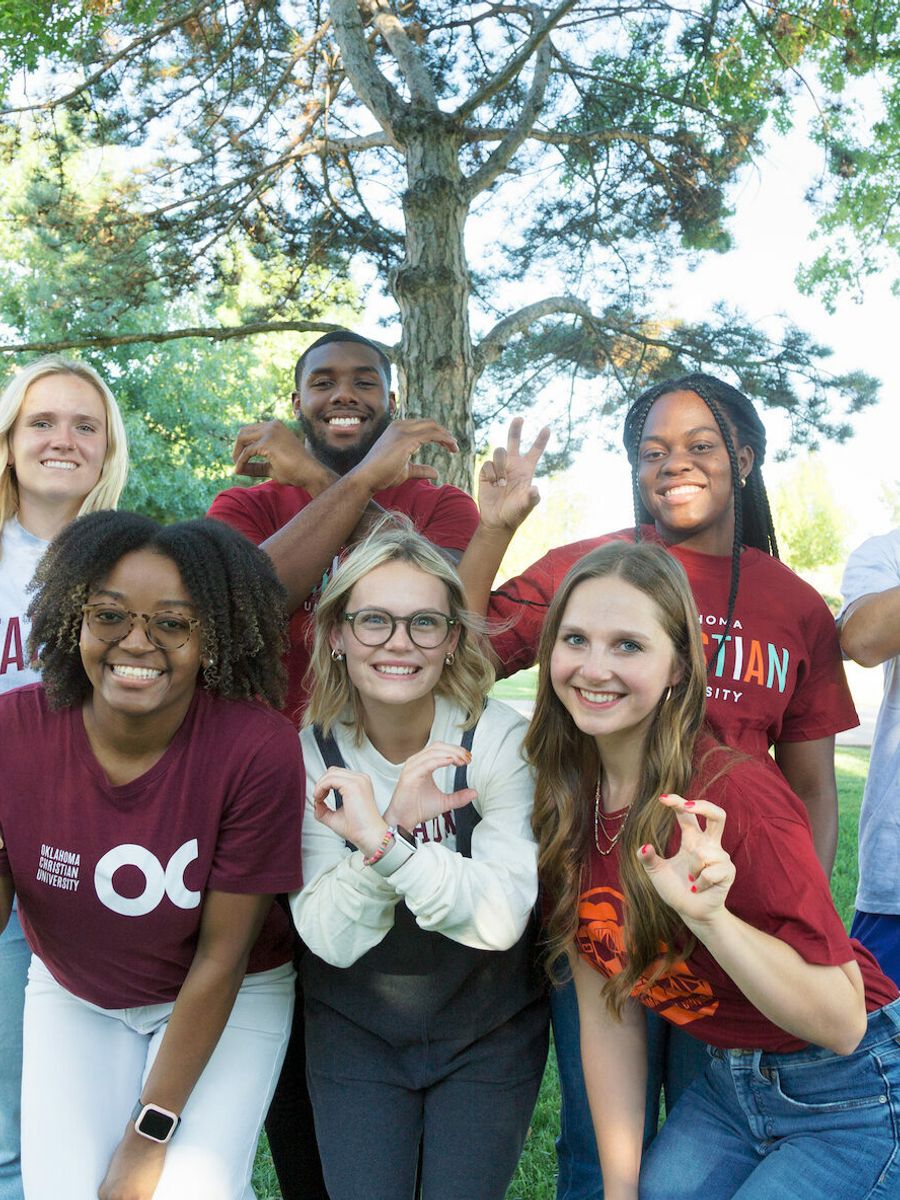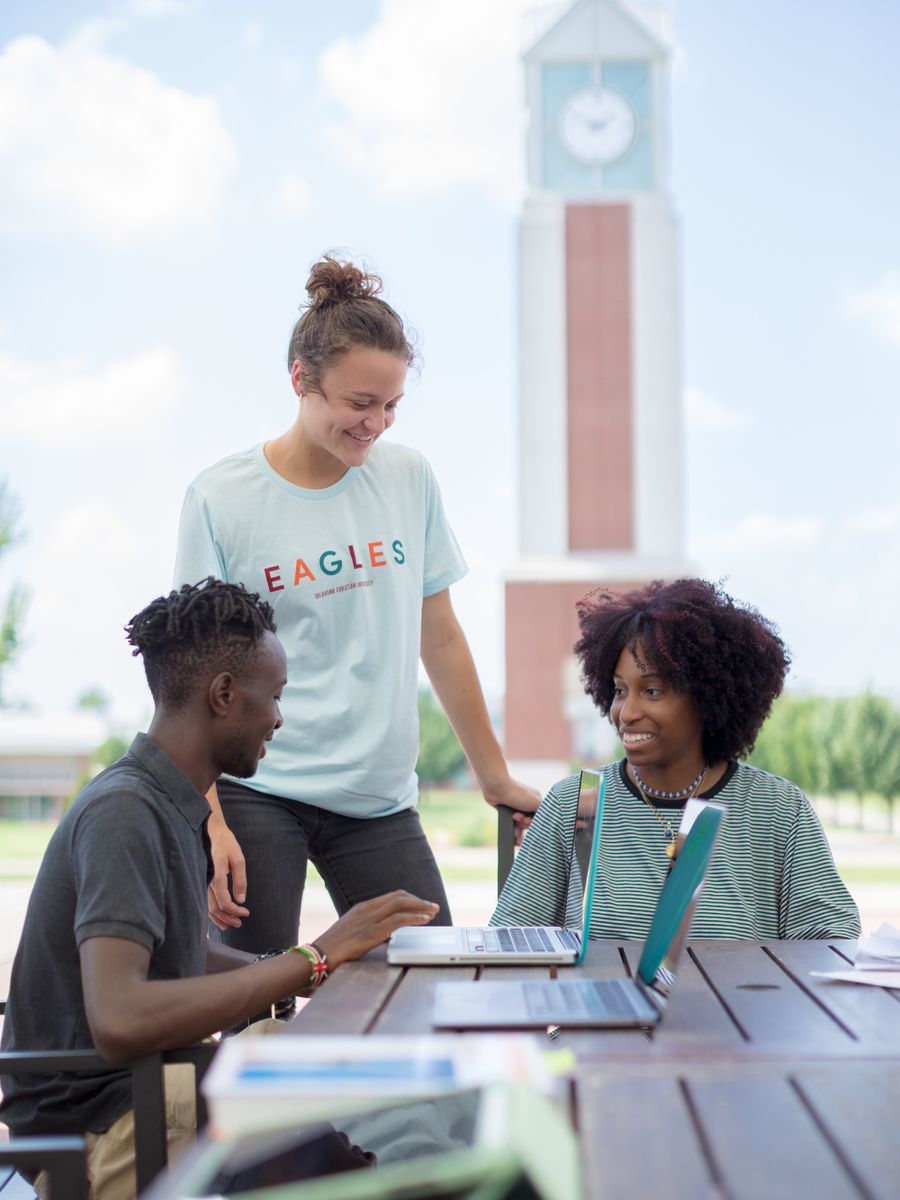PLAN FOR PERSONAL EXPENSES
Meals
- Europe - students can cook in their apartments at an average cost of $150/week.
- Asia - Limited breakfasts at hostels and hotels; breakfast and dinner with host family; other meals at your expense
- HonduraServe - Most meals are covered, but you may want money for snacks and drinks.
Laundry
- Laundry expenses covered in Vienna and with host family in Japan
- Not provided while traveling
- HonduraServe - hotel laundry, about $25 for two weeks
Communication
- Internet is provided in Vienna and at Ibaraki Christian, possibly with a host family.
- Internet cafes, telephone cards/calls and postage are a personal expense.
- HonduraServe has limited Internet availability and possibly a fee.
Optional Travel
- All optional travel and activities are a personal expense.
MANAGE MONEY INTERNATIONALLY
Most students and parents have lots of money questions concerning a study abroad trip. There are no perfect solutions and things change often, but here are some recommendations based on former study abroad experiences:
Debit Cards
- ATMs are common everywhere and can be used to withdraw cash in local currency.
- You get the best exchange rates through debit cards.
- You may have foreign ATM and international transaction fees, but these usually are offset with the good exchange rate.
- Debit transactions can be tracked through online banking.
- Make sure you only have a 4-digit PIN number.
Virtual Credit Cards
- Virtual credit cards are a good backup to a debit card.
- They can be used everywhere credit cards are accepted.
- They must be paid on time, so someone state-side needs to pay the bills.
Visa Gift Cards
- Cannot be used to withdraw cash.
- Use them to pay for souvenirs or travel reservations, anywhere a Visa is accepted.
- Most banks provide these free to customers, or they can be bought in stores with a fee. Load the gift card with any amount.
- You may want to put small amounts ($50-$100) on several cards and use them one at a time. That way, there is not a huge loss if one is lost or stolen.
American Cash
- Exchanging American cash into foreign currency incurs the worst exchange rates. It is not recommended.
- You only need a small amount of cash for U.S. airports.
- Exception: For HonduraServe, you will exchange money at the airport upon arrival. Bring about $50-$100 in cash.
- Be careful about putting large amounts of cash into your bank account. Your debit number in the wrong hands can wipe out your whole account. Having a backup savings account and moving money as needed helps prevent that.
- Another backup idea is to open a second bank account at a different bank. Keep enough money in the account to cover emergencies. Sometimes foreign ATMs will reject one card but then accept another one from a different bank.
- If your card is stolen, it takes several weeks for a replacement to arrive. Have a backup.
- Foreign ATMs sometimes “eat” cards, usually because the wrong PIN is entered or trying to withdraw over the limit. There is no way to get it back. A new one must be ordered. Have a backup card or backup account to have a way to get cash.
- Call your bank or credit card company to tell them you will be traveling overseas.
- Money, credit cards, etc., should be kept in a travel wallet. Only take out a day’s worth of cash.
- Learn the exchange rates and understand them.
- You can only bring back $800 worth of souvenirs before being taxed.
- Have a budget and stick to it.

